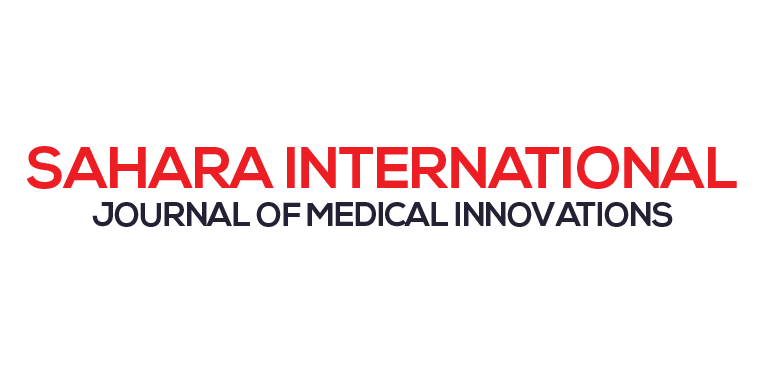Submission
To Make a Submission
Submission Preparation Checklist
Authors must ensure their submission complies with the following requirements. Incomplete or non-compliant submissions may be returned.
Originality:
The submission has not been previously published nor is under review elsewhere. Any exceptions should be clearly mentioned in the Comments to the Editor.
File Format:
Manuscript is in Microsoft Word, OpenOffice, or RTF format.
Formatting Guidelines:
Single-spaced text, 12-point font, italics used instead of underlining (except for URLs).
Figures, tables, and illustrations are embedded in the text at appropriate points.
References:
URLs for references are provided where applicable.
References should follow Vancouver style.
Manuscript Integrity:
Manuscript is final and accurate at submission. Once accepted, withdrawal requests will be reviewed only with valid justification by the Editor-in-Chief and Publisher.
Plagiarism Check:
All submissions are screened via Turnitin. Authors found guilty of plagiarism or misconduct may be blacklisted.
ORCID ID:
All authors must include an ORCID iD. (Register at https://orcid.org).
Title Page Must Include:
Full names, affiliations, and email addresses of all authors.
Ethics & Disclosures: Include relevant statements such as:
Data availability
Funding sources
Conflict of interest
Ethical approval
Patient consent
Clinical trial registration
Reproduction permissions
Manuscript Structure:
Organized in the following order: Title page, Abstract, Introduction, Methods, Results, Discussion, Acknowledgements, References, Tables/Figures with legends.
Language & Style:
Manuscript must be in British English. Non-native speakers should seek language editing support.
Submission System:
All submissions must be made via the Open Journal System (OJS). For assistance, contact:
Adherence to EQUATOR Guidelines:
Authors are encouraged to follow EQUATOR Network guidelines for transparent and standardized reporting of health research.
Submit your manuscript by logging in to the Open Journal System (OJS) and starting a new submission. Follow the step-by-step instructions to complete the process.
Career Opportunities
Our graduates work and intern in a range of jobs in a broad range of fields — public relations, marketing, advertising, social media, television, radio, magazines, human resources, event planning, education, nonprofits, and technology. We’ve also had graduates start their own businesses and others go on to graduate school in communication, law, public health, strategic communications, and education.
Program Learning Outcomes
Demonstrate an understanding of how communication shapes patterns of social interaction, the expression of cultural values and norms, political practices and relations of power, and our positions as local and global citizens.
Be able to use a variety of methodological tools to analyze interpersonal, intercultural, and rhetorical discourse that structures everyday interactions in both our public and private lives.
Demonstrate an understanding of the possibilities, problems, and history of discourse and deliberation in democracy and will be prepared to use their knowledge to work for a just and more humane world.
